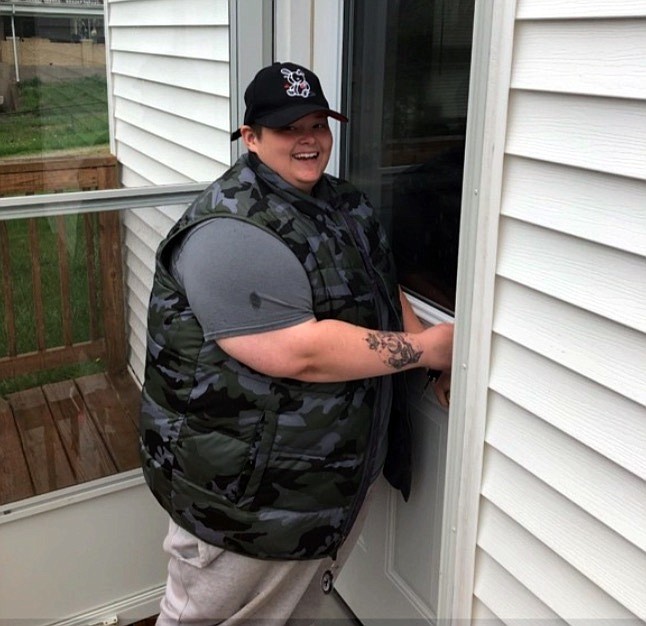A program that helps a local nonprofit's clients in foster care transition smoothly into adulthood has seen growth this past year.
The Community Connections Youth Project helps those aging out of the foster care system with seven different areas as they become young adults: housing, employment, legal services, education, financial services, transportation, social supports and mental support.
In 2021, CCYP served 79 youths, and in 2022, it served 84. And across all programs provided by the Missouri Foster Care and Adoption Association, 4,408 youths were served in 2021, and 5,178 were served in 2022—a 17 percent increase.
Young adults without typical family supports will struggle with the transition to adulthood, said Gerry Tritz, communications manager for Central Missouri Foster Care and Adoption Association.
"The statistics are really clear that if you're a foster child and you age out of the system without those family supports, you're going to struggle in a number of ways in life," he said.
That includes a risk of homelessness or involvement with the justice system, along with a lower graduation rate.
"We created this program because we knew that segment of the people we serve need specific help, so CCYP exists to help them with all areas of their life," Tritz said. "It could be teaching them budgeting. It could be helping them with housing, helping them not just pay for housing but learning how to go about finding housing, how to go about looking over contracts for rental apartments."
The project serves people ages 17-26.
RaShelle Ryon, CCYP specialist, said CCYP can help clients find housing, prepare for a job interview, get legal support with a traffic ticket, earn a GED or diploma, start a checking or savings account, budget for items they want to buy, find a good car, get their driver's permit or license, sign up for food stamps, find family members with whom they want to connect, or make appointments to see doctors or psychiatrists.
"They're always moving around, so they don't have that steady person to be there to help them, guide them, to know exactly what they need to do when they get out there on their own because they don't have anybody," Ryon said. "So that's where we come in, we step in. We're pretty much their sidekick to help them pretty much be an adult."
After receiving a referral, CCYP will reach out to a client and talk about their goals and needs.
For many, the goal is stable housing. CCYP can get them a hotel and help them work through a housing voucher to get them an apartment.
"Just being able to have their own place is a very big step for a lot of them," Ryon said.
For others, it's finding a job. CCYP helps them with their resume and preparing for an interview.
Ryon said the project helps young people become more goal-oriented and successful.
"Just because you were in foster care doesn't mean you can't do what you want to do," Ryon said.
CORRECTION: This article was edited at 9:59 a.m. Jan. 4, 2022, to correct the statistics in the third paragraph.

